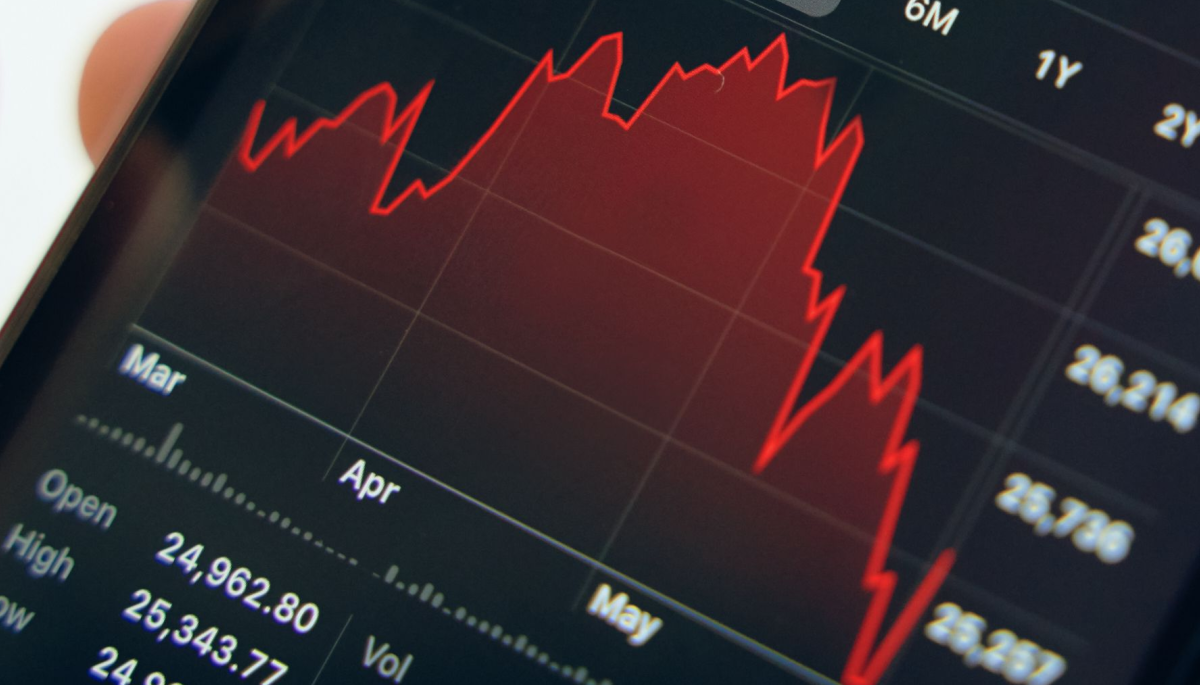The recent volatility in global financial markets has once again put the spotlight on the ripple effects of trade tensions, particularly between the United States and China. April 8, 2025, marks another significant day in market history, reminiscent of past trading downturns, as the announcement of an increase in import tariffs sent shockwaves across various sectors.
Market Reacts to Tariff Increases
In the early hours of April 8, there was a glimmer of hope for investors as major U.S. indices, including the Nasdaq and S&P 500, saw a temporary uptick of three percent due to news of a positive trade deal with South Korea. This brief relief was quickly overshadowed around 4 PM when the Trump administration unveiled plans for a staggering 50 percent tariff increase on Chinese goods, raising the total import tariff to 104 percent.
As a result, both stock and cryptocurrency markets experienced significant downturns. Bitcoin, which had started to recover, sharply declined by 7 percent after the announcement, dragging the value down from 78,000 dollars to 76,000 dollars within hours.
Implications for Cryptocurrencies
Contrary to hopes for a sustained rebound, the cryptocurrency market faced its own challenges. Many cryptocurrency investors are watching closely as Bitcoin approaches critical support levels, with fears of dropping under the previously established threshold of 75,000 dollars. The most recent statistics indicate a nearly 8 percent loss over the past week alone.
The Broader Economic Trends
This incident not only illustrates the immediate effects of U.S. tariff policies on markets but also highlights the interconnectedness of global economies. Reports from financial analysts suggest that while there may be limited correlation between cryptocurrencies and stocks during stable periods, the relationship becomes more pronounced during times of market declines. For instance, despite differing views from experts, many believe that the current turbulence is a reaction to broader economic uncertainties.
Community and Investor Sentiment
The rapid market changes evoke a mixed reaction from investors and the community alike. With the threat of rising tariffs looming, discussions about the implications for local economies, investment strategies, and consumer prices are growing. Experts suggest that consumers might feel the impact on everyday goods if trade tensions escalate further. This uncertainty has led many investors to reassess their portfolios, particularly in light of local markets and bitcoin fluctuations, which are also influenced by broader economic sentiments. As concerns about the stability of traditional investments rise, some individuals are increasingly turning to alternative assets, including cryptocurrencies, in hopes of safeguarding their wealth. With the potential for greater volatility in both markets, the dialogue around strategic investment planning is more critical than ever.
Looking Ahead: Navigating Uncertainty
As traders brace for possible future fluctuations, they are urged to remain informed and resilient. The recent events serve as a reminder of the unpredictable nature of the markets and the ongoing ramifications of global trade dynamics. Investors are encouraged to keep a close eye on both market data and geopolitical developments to navigate the complexities of today’s financial landscape.
In conclusion, while the initial euphoria of rising market indices provided a short-lived sense of relief, the subsequent announcement of the increase in tariffs starkly underlines the potential for volatility in financial markets. The implications of these trade policies extend beyond immediate financial losses, impacting consumer perceptions and investment strategies in an increasingly interconnected world.



